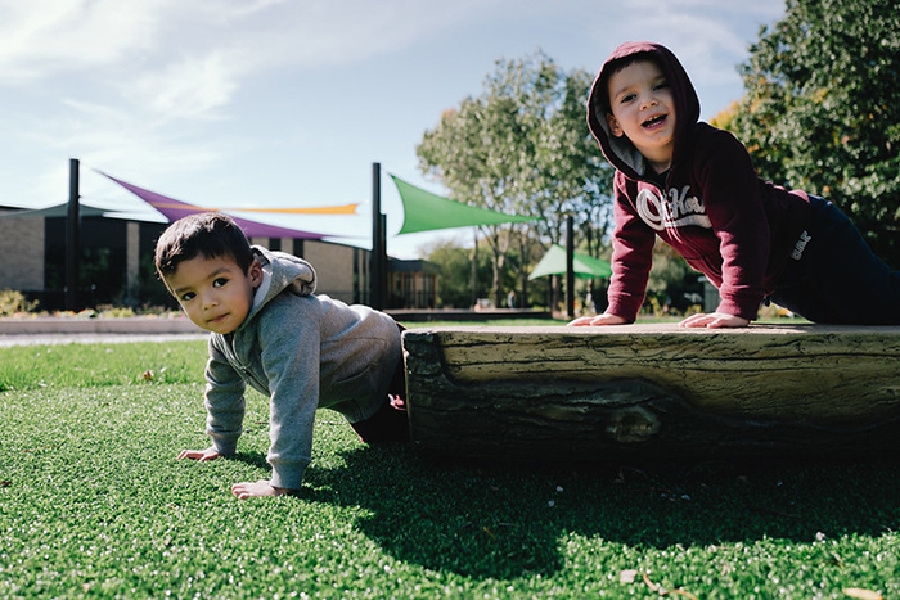Portland-based child care giant cited “regulatory delays” when it withdrew its IPO.
In 1969 a real estate developer named Perry Mendel opened KinderCare Nursery Schools, banking that increased numbers of women entering the workforce would create new markets for child care.
Three years and a name change later, KinderCare Learning Centers went public.
By the 1980s, the company — after a diversification plan that included acquisition of shoe stores, photo studios and even an overseas fertilizer manufacturer — filed for bankruptcy and was later acquired by Portland-based Knowledge Universe, which changed its name to KinderCare Education in 2016.
In October the company disclosed it would follow a number of Oregon companies to the New York Stock Exchange bell with an initial public offering. On November 18, on the day the IPO was scheduled, the company issued an announcement saying they would be postponing a day. The following morning, a second announcement went out: There would be no public offering after all.
RELATED STORY: Vacasa and Dutch Bros Go Public
“Throughout our pursuit of an initial public offering (IPO), we’ve received healthy interest from investors and positive feedback on KinderCare’s potential,” the statement said. “Unfortunately, due to regulatory delays outside of our control, we have decided to postpone our IPO. This is a true disappointment, as the IPO was going to allow us to grow faster and serve more hardworking families while furthering our mission to provide future generations with confidence for life.”
A spokesperson for the company declined to elaborate on exactly what regulatory delays had caused the company to balk and in mid-January reiterated that there was no update on the issue.
So what happened?
Mark von Bergen, a partner with Holland & Knight, a Portland-based law firm focused on business and securities law, told the Portland Business Journal in December that often IPOs are delayed because of unanswered questions in Securities & Exchange paperwork.
And The Oregonian noted that KinderCare is carrying significant debt — $1.4 billion, due by 2025 — and that it disclosed a “material weakness” in its internal control over financial reporting in its offering prospectus earlier in the fall.
RELATED STORY: Freeschool
“It’s a business where it’s not easy to make a lot of money,” says Marcy Whitebook, director emerita of the Center for the Study of Child Care Employment at the University of California at Berkeley. “If you’re relying on what parents can afford and you’re trying to pay people [a living wage], one of the only ways to make, give your investors what you’re looking for, you have to cut costs. The staff is a huge part of the cost.” And child care regulations may have come into play.
Other observers of the industry suspect the timing of the IPO announcement — against the backdrop of congressional debate over President Joe Biden’s Build Back Better Act, which would expand child care entitlements — was no accident. (This week a White House economist said Biden is still looking to push parts of the bill through, and according to some reports, child care expansion is still on the table.)
That potential expansion of public investment is ripe for opportunism, some industry observers say. In November the Wall Street Journal reported that the company hoped to raise at least $460 million with the IPO.
In fiscal year 2021, the company generated an annual revenue of $1.4 billion, and it serves about 200,000 kids in its 1,480 locations across the country — but it also lost $128.7 million in 2020 and has shuttered 20% of its centers since the COVID-19 pandemic began.
Still, it remains one of the largest child care providers in the country.
“[Child care is] big business. It’s perhaps on the cusp of even bigger business,” Whitebook says.
To subscribe to Oregon Business, click here.





